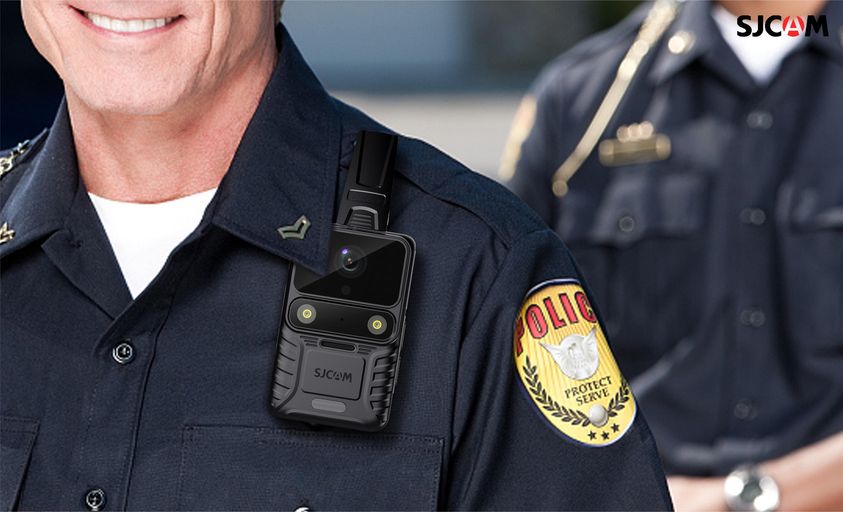Body cameras have emerged as a crucial tool in modern policing, revolutionizing how law enforcement interacts with the public and addressing longstanding concerns about accountability and transparency. These small devices, worn by police officers, capture audio and video recordings of their on-duty activities. In this article, we will explore the importance of body cameras and how they contribute to fostering trust, improving officer behavior, and enhancing public safety.
Accountability and Transparency:
One of the primary reasons body cameras are important is their ability to promote accountability and transparency in law enforcement. A body camera ensures that interactions between police officers and the public are recorded, providing an objective account of events. This footage can be used to review incidents, verify officer conduct, and hold the police and the public accountable for their actions. The knowledge that their actions are being recorded encourages officers to adhere to professional standards and guidelines, reducing the likelihood of misconduct.
Evidence Documentation:
Body camera footage serves as valuable evidence in criminal investigations and legal proceedings. The recordings provide an unbiased record of events, capturing details that may be overlooked or misrepresented in written reports. This evidence can be critical in resolving disputes, corroborating witness statements, and ensuring fair outcomes in court. Body camera footage can also protect officers from false accusations and provide a factual basis for their actions in the line of duty.
Training and Professional Development:
Body cameras allow law enforcement agencies to review and analyze officer performance. By studying the footage, agencies can identify areas for improvement, develop training programs, and enhance the professionalism and effectiveness of their officers. The recordings can be used as teaching tools to demonstrate best practices, de-escalation techniques, and proper use of force, leading to more accountable and proficient law enforcement personnel.
Community Relations and Trust:
Body cameras play a vital role in building and maintaining trust between law enforcement and the communities they serve. When the public sees that officers are equipped with body cameras, it enhances transparency and reassures them that their interactions with the police are being documented. This transparency fosters trust, encourages cooperation, and promotes positive community-police relationships. Body cameras allow the public to hold law enforcement accountable while enabling officers to demonstrate their commitment to professionalism and public service.
Officer Behavior and De-escalation:
Knowing that their actions are being recorded, police officers are more likely to exhibit professional behavior and adhere to department policies. The presence of body cameras can act as a deterrent against unnecessary use of force and encourage officers to prioritize de-escalation techniques in potentially volatile situations. Studies have shown that using body cameras can reduce civilian complaints against officers and incidents involving the use of force, ultimately contributing to safer interactions between police and the public.
Objective Documentation of Critical Incidents:
Body camera footage provides an objective record of events during critical incidents such as shootings, arrests, or emergency responses. This documentation can help investigators reconstruct the sequence of events, evaluate officer actions, and ensure transparency in high-profile cases. The availability of accurate, real-time information assists in making well-informed decisions and reduces the potential for subjective interpretations or biases.
Conclusion:
The significance of body cameras in law enforcement cannot be overstated. These devices have become vital in promoting accountability, transparency, and trust between police officers and the communities they serve. Body cameras provide objective documentation of interactions, serve as evidence in investigations and court proceedings, enhance officer training, improve community relations, and encourage professional behavior. By embracing body camera technology, law enforcement agencies can strengthen their commitment to public safety and ensure a more accountable and transparent criminal justice system.
